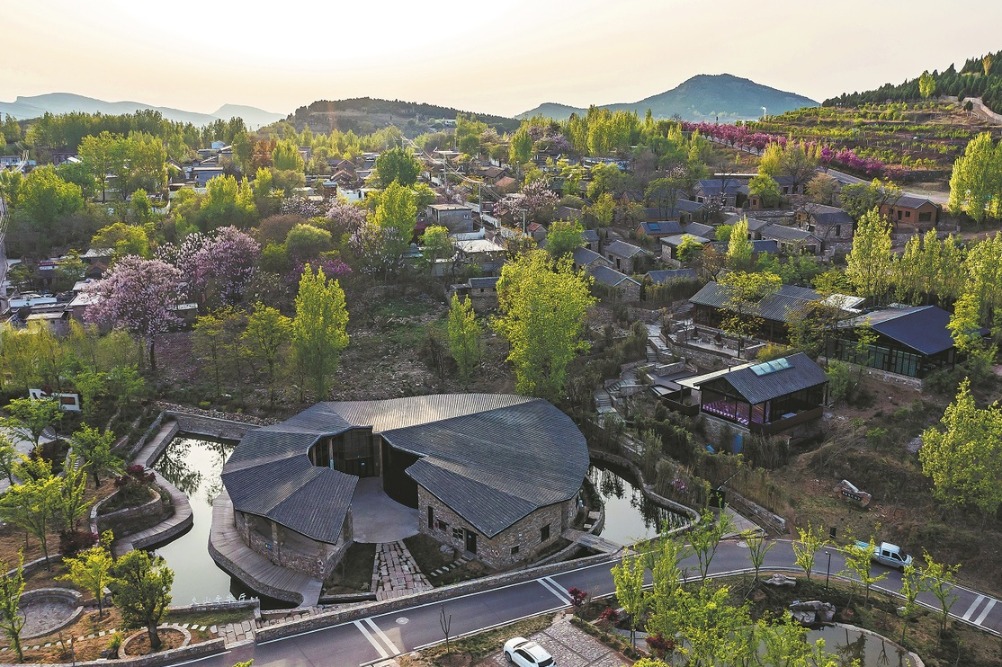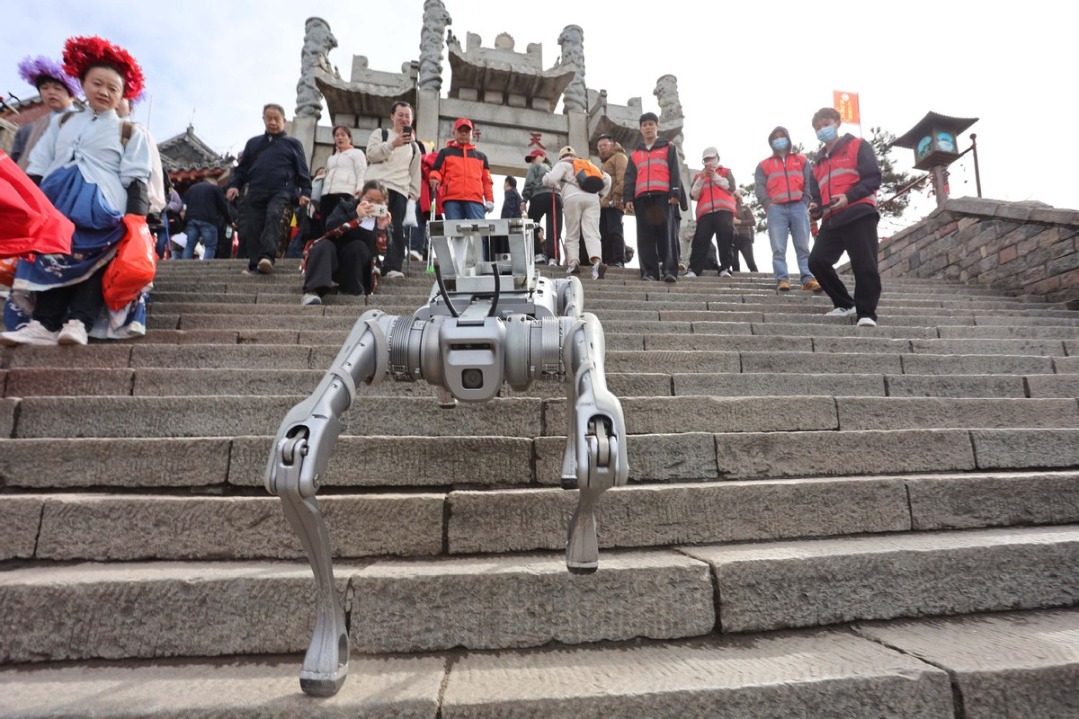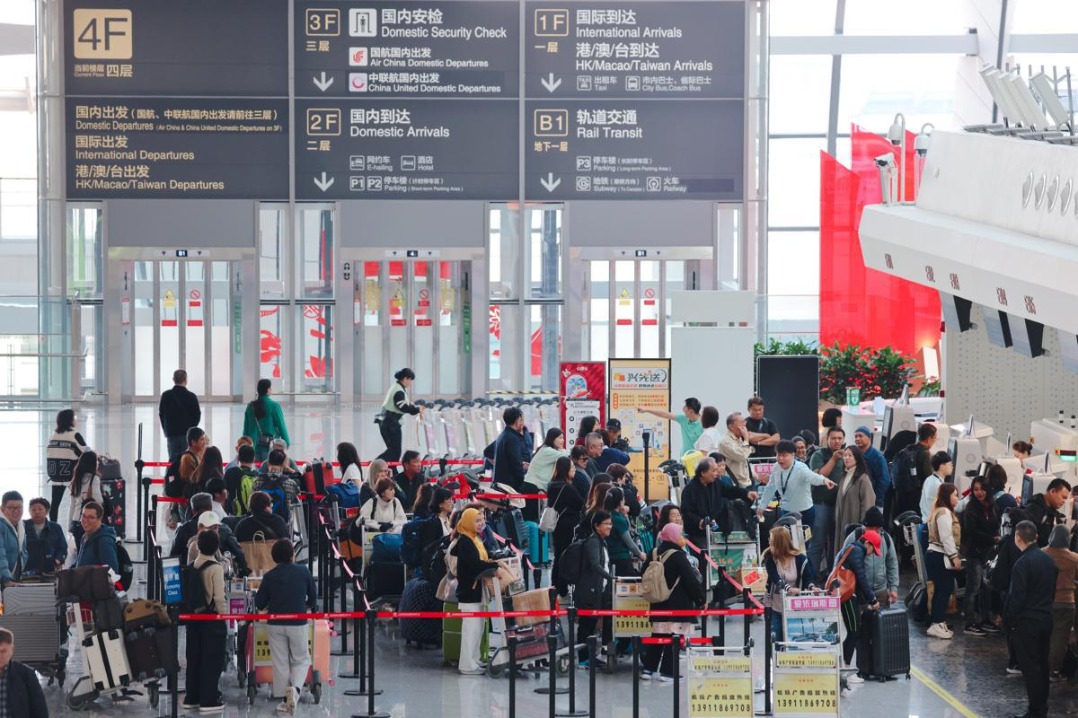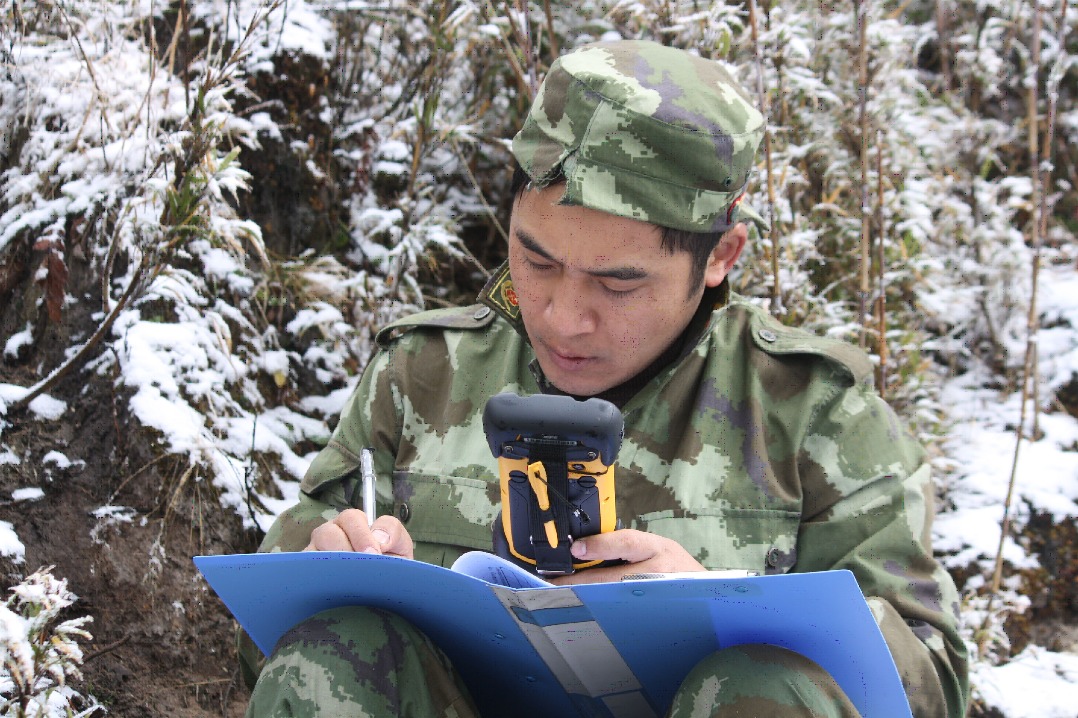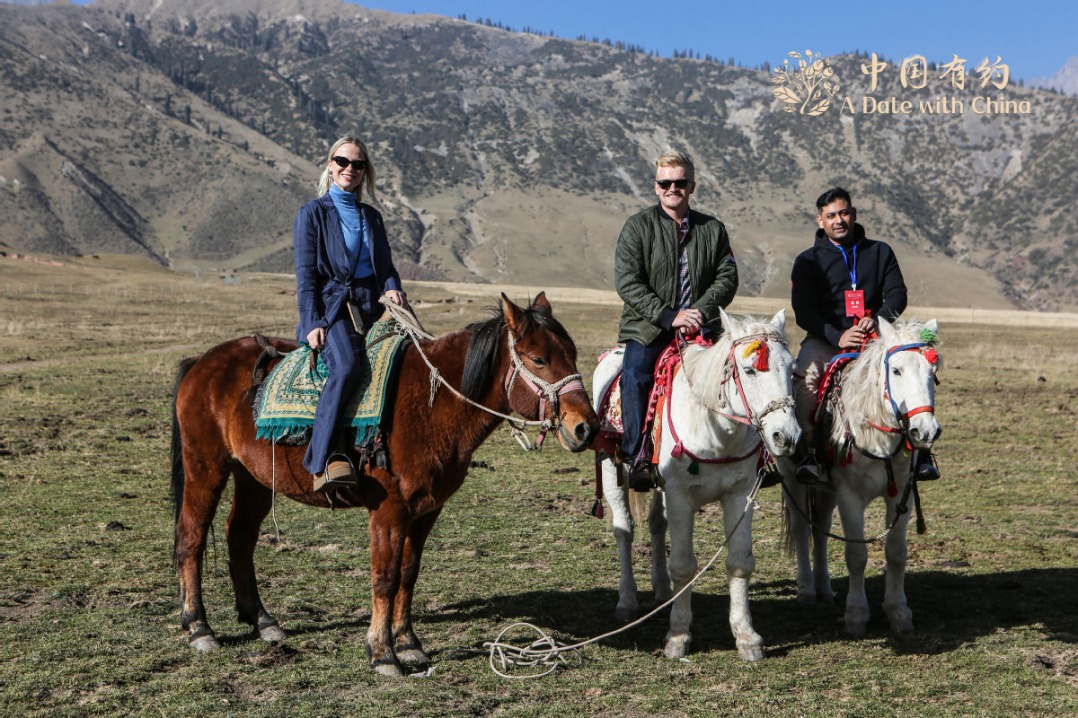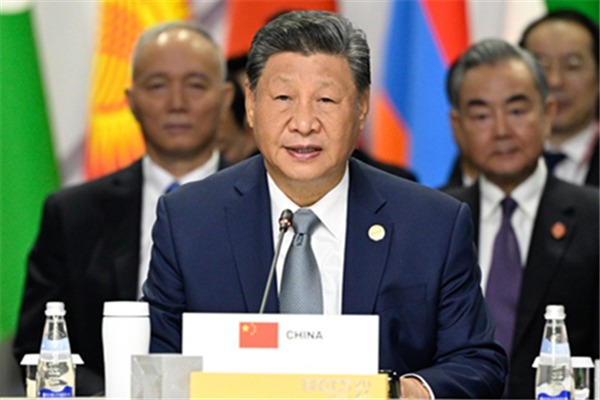BRICS charts path at milestone summit, Xi offers five suggestions

KAZAN, Russia -- Heels clicked and shoes shuffled across the media center floors at the BRICS Kazan summit on Wednesday, as journalists from around the world rushed to cover the landmark first in-person summit since the group's expansion.
Amid global uncertainties, BRICS embarked on a new chapter, cementing its growing influence on the world stage. Chinese President Xi Jinping, addressing the leaders in an expanded format, put forward five suggestions: building a BRICS committed to peace, innovation, green development, justice, and closer people-to-people exchanges.
"We must build on this milestone summit to set off anew and forge ahead with one heart and one mind," Xi said. "China is willing to work with all BRICS countries to open a new horizon in the high-quality development of greater BRICS cooperation."
This year's summit also marked another major progress with the decision to invite a number of nations as partner countries, further advancing the group's development.
The growing interest from countries seeking to join BRICS cooperation each year demonstrates that in today's troubled world, BRICS is important and essential, said Bunn Nagara, director and senior fellow at Belt and Road Initiative Caucus for Asia-Pacific.
"China, led by President Xi, has contributed significantly to BRICS' success with a progressive and enlightened approach," said Nagara.
During Wednesday's meetings, leaders exchanged views on BRICS cooperation and key international issues under the theme "Strengthening Multilateralism for Just Global Development and Security," focusing on global and regional security, sustainable development, climate change, and reforms in global economic governance.
A major emphasis of the summit was the call for increased funding to support sustainable development in developing countries. Egyptian President Abdel-Fattah al-Sisi said BRICS is set to "strengthen a multipolar international system," particularly through "innovative and effective" financing for these countries.
Russian President Vladimir Putin, who chaired the Kazan summit, said that "the trend for the BRICS' leading role in the global economy will only strengthen."
He warned against the ongoing risks from geopolitical tensions and the rise of unilateral sanctions and protectionism, emphasizing "a key task is to promote the use of national currencies to finance trade and investment."
Brazilian President Luiz Inacio Lula da Silva, who participated in the summit via video link due to a head injury, echoed this sentiment. "It's not about replacing our currencies, but we need to work so that the multipolar order we aim for is reflected in the international financial system," said Lula.
BRICS has already made strides with the New Development Bank (NDB), headquartered in Shanghai. The BRICS countries agreed on Wednesday to support the NDB in implementing its general strategy for 2022-2026 and in expanding local currency financing.
In a declaration issued at the 16th BRICS Summit, they also agreed to jointly build the NDB into a new type of multilateral development bank for the 21st century, support its further expansion of membership, and expedite the review of membership applications from BRICS countries in accordance with its general strategy and related policies.
The BRICS countries are also encouraged to strengthen financial cooperation and promote local currency settlement, according to the declaration.
During the summit, leaders also emphasized the need for a fairer global order for the Global South. South African President Cyril Ramaphosa said that BRICS is an inclusive formation capable of changing the trajectory of the Global South. "To do this we must realize the full potential of our economic partnership, to ensure sustainable development for all and not just for some," he said.
"The period of unilateralism is coming to an end," added Iranian President Masoud Pezeshkian, calling for a more equitable global system.
Several speakers also highlighted the need for differentiated responsibilities in addressing climate change, urging that developing nations' emissions reduction efforts should align with their capacities.
BRICS, initially known as "BRIC" when it was coined in 2001 by Jim O'Neill, former chief economist at Goldman Sachs, originally represented emerging market economies of Brazil, Russia, India, and China. South Africa joined in 2010, officially forming BRICS.
In a recent interview with Xinhua, O'Neill acknowledged the need for policymakers to collaborate in creating an optimal system that benefits all. "I think as we pass through time, we will find a new equilibrium where countries will be more at ease with what other countries are doing," he said.
Other than the new full members joining on Jan 1, 2024, over 30 countries, including Thailand, Malaysia, Türkiye and Azerbaijan, have either formally applied for or expressed interest in BRICS membership. Many other developing countries are seeking deeper cooperation with the group.
Observers view BRICS as a vital platform for developing countries to pursue growth. Ahmed Al-Ali, a political and strategic researcher at the Gulf Research Center in Dubai, noted that BRICS aims to foster a more equitable, effective, and rational international system.
It will play a crucial role in promoting development and growth opportunities for Global South countries while ensuring the sustainability of economic and social progress, said Al-Ali.
Echoing that view, Sithembiso Bhengu, a senior research fellow with the Sociology Department, University of Johannesburg, said, "The BRICS mechanism presents real possibilities for making the globe a fairer community of nations, with possibilities for mutual support and cooperation towards our respective goals in modernization and development."
















